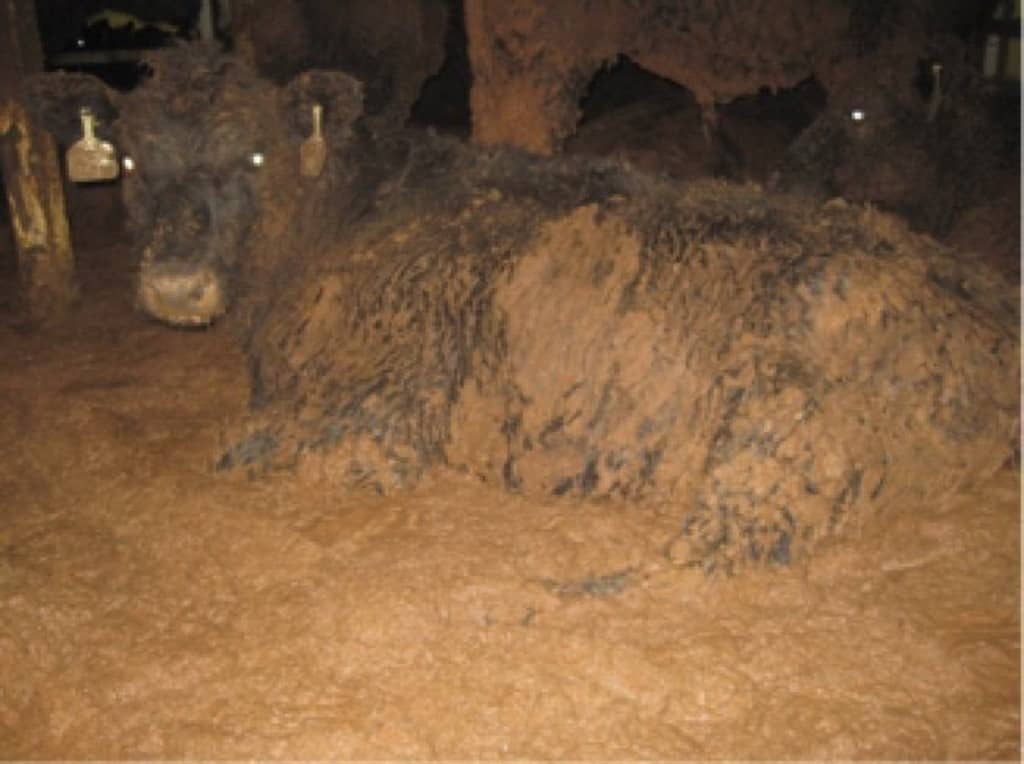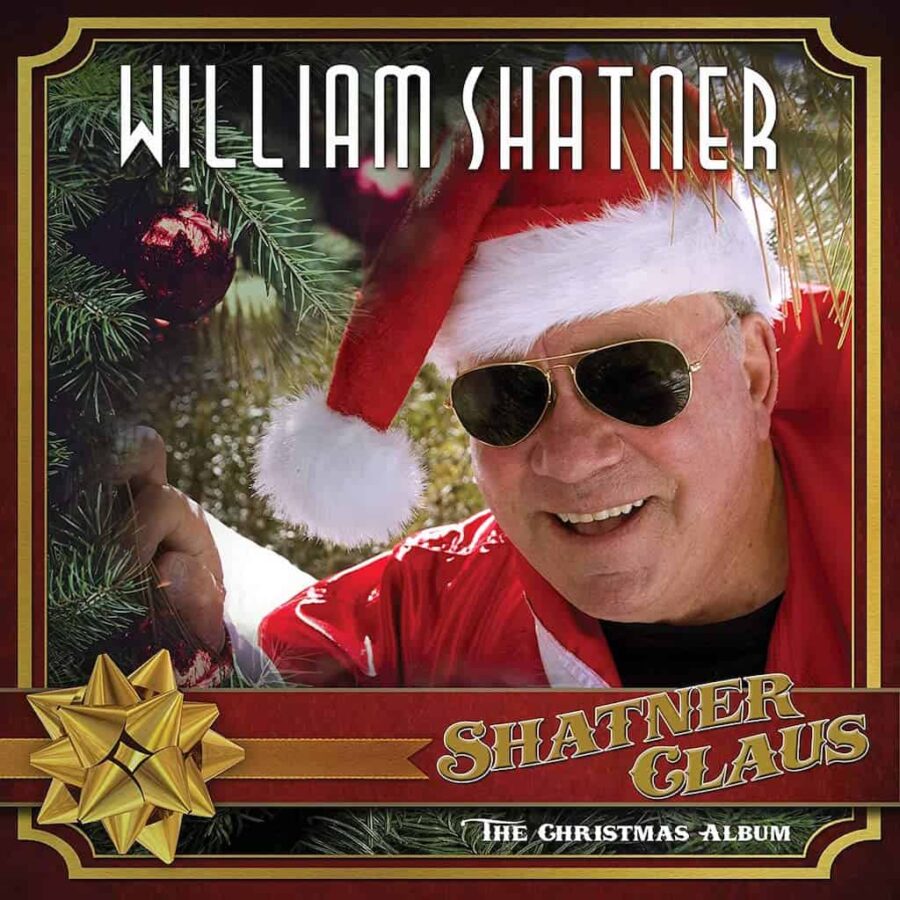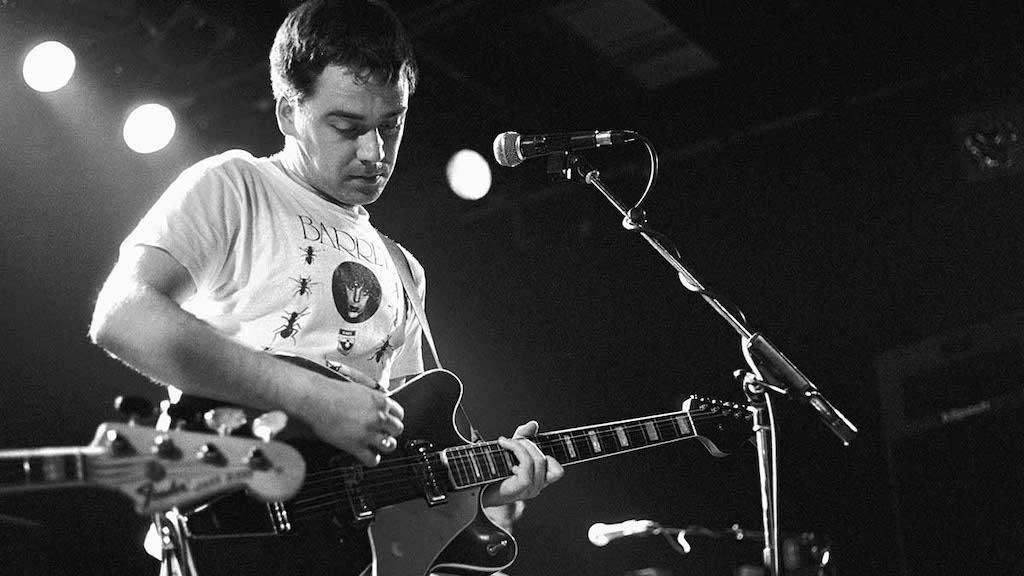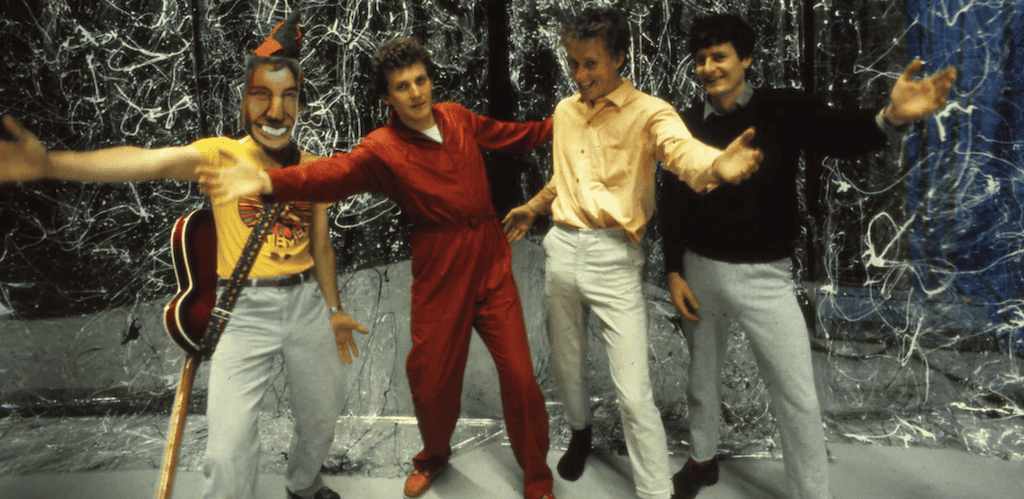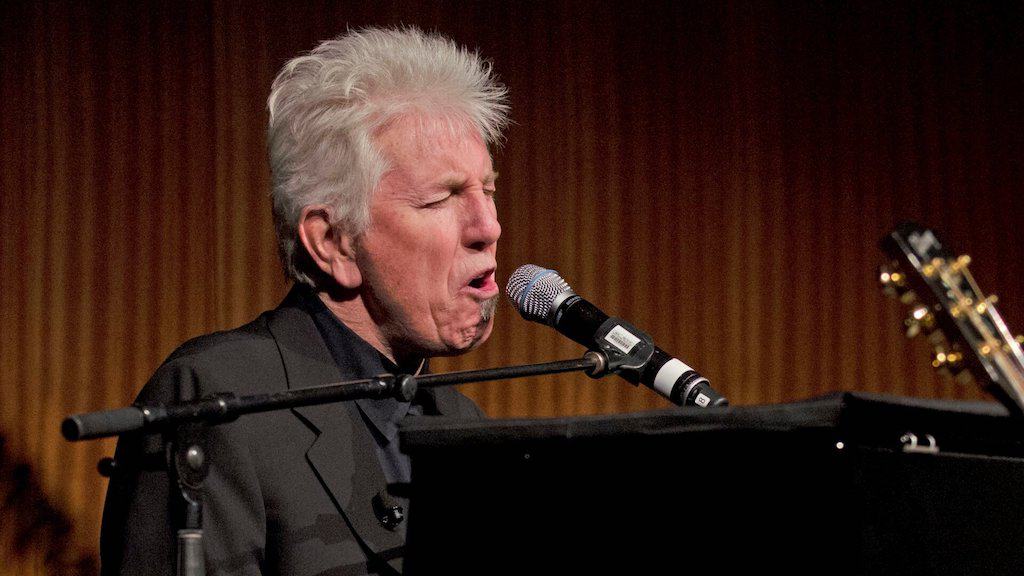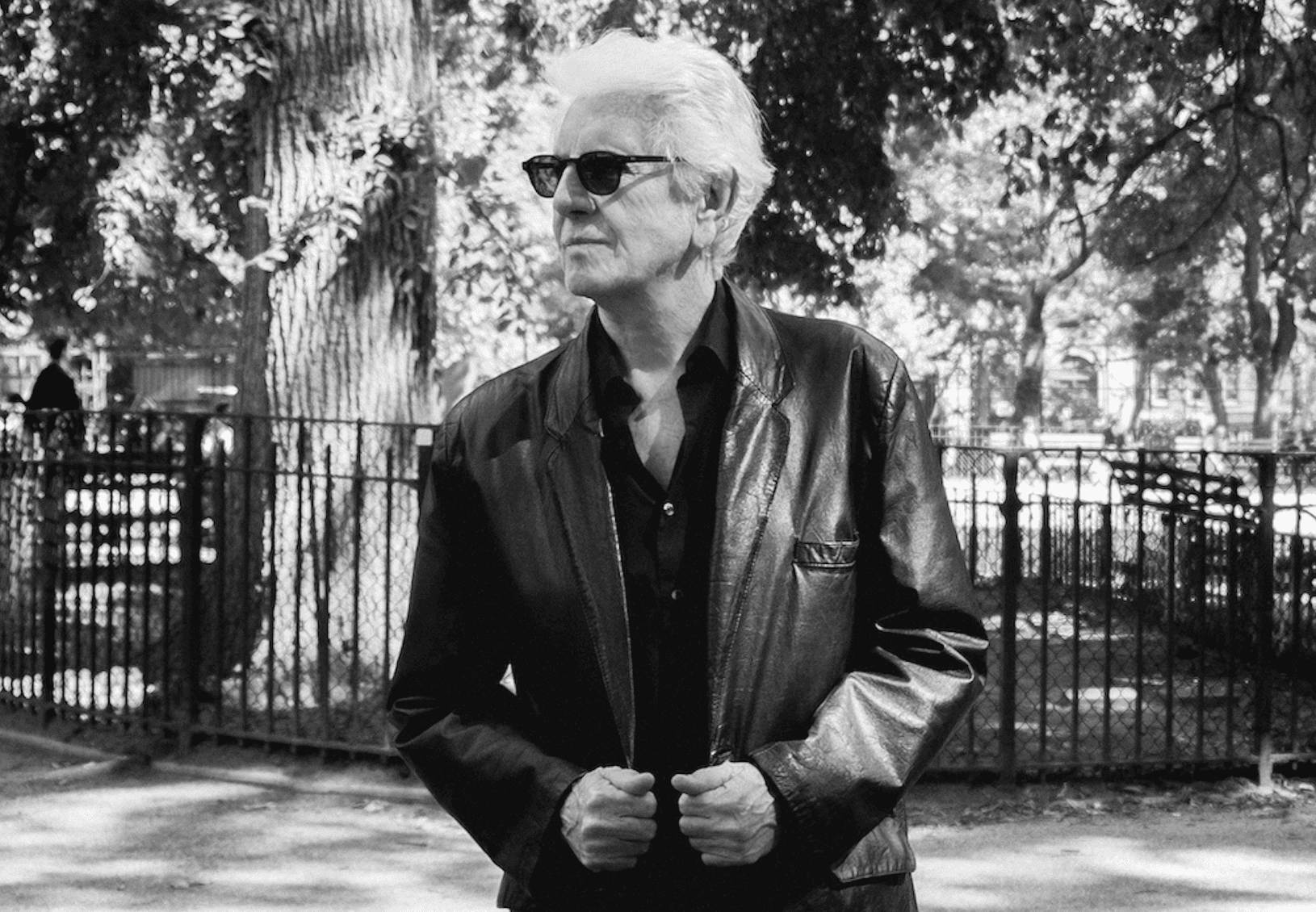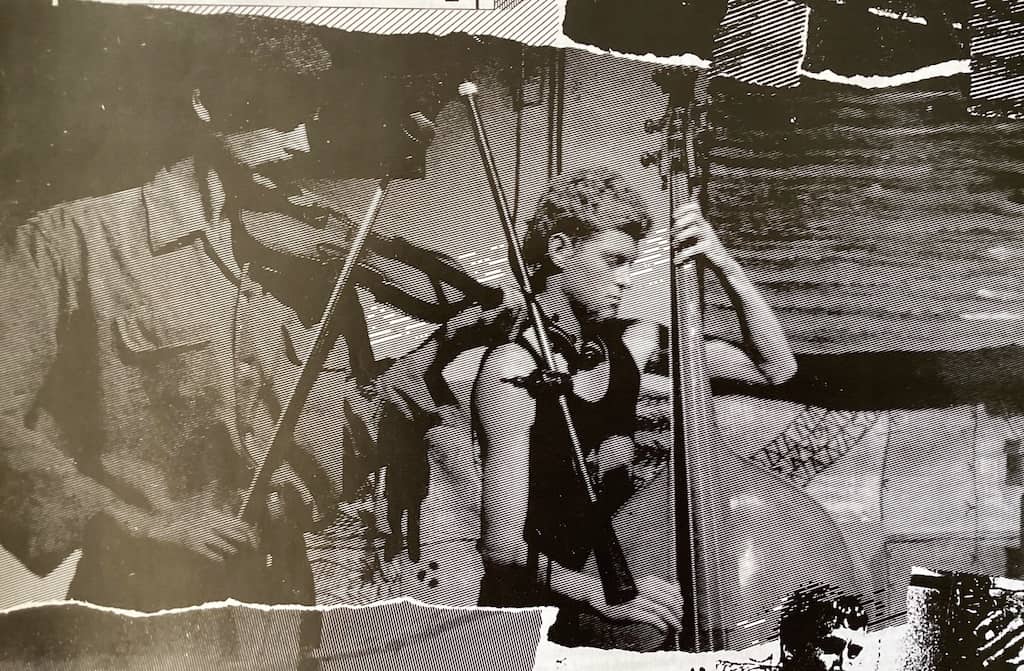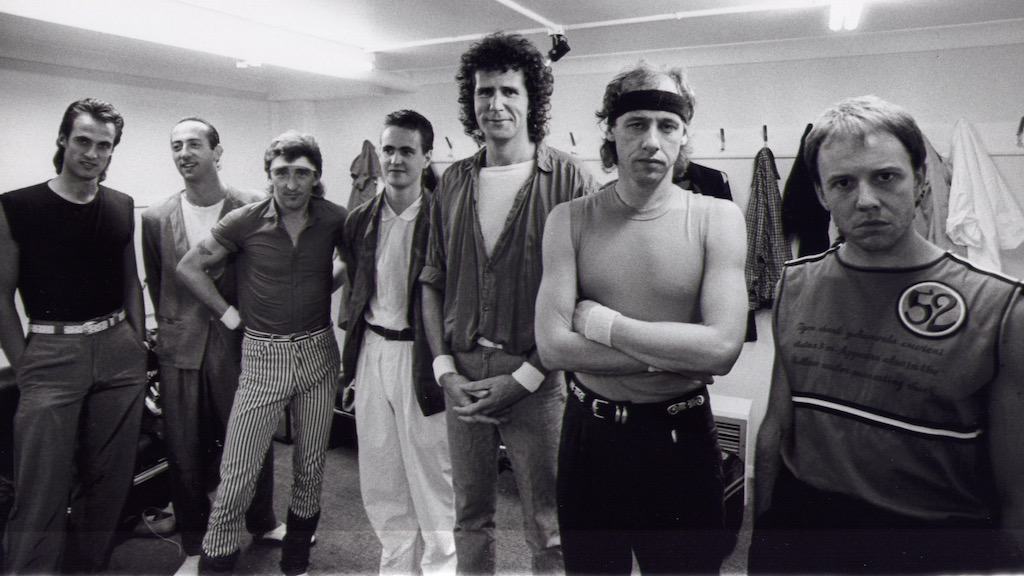 GARY STEEL interviewed two members of Dire Straits both before and after their 1983 gig in a dangerously windy Wellington.
GARY STEEL interviewed two members of Dire Straits both before and after their 1983 gig in a dangerously windy Wellington.
Make no mistake about it. Dire Straits do not need publicity. If they did, they would be long gone. Meanwhile, their record sales speak for themselves.
When the British band emerged in 1977 amid all the punk sounds of the day the media did not want to know. Their music was right outside of fashion. Worse still, it was played with real respect for American rock tradition.
But after playing support to Talking Heads on their UK tour, and getting encores every night, the public knew it could decide for itself the band’s merits.
‘Sultans Of Swing’ was released in May of 1978, followed by their debut album, and soon Dire Straits was a household name. Nothing since has had quite the impact of that first single and album, but they have been riding the crest of their own mega-success wave since.
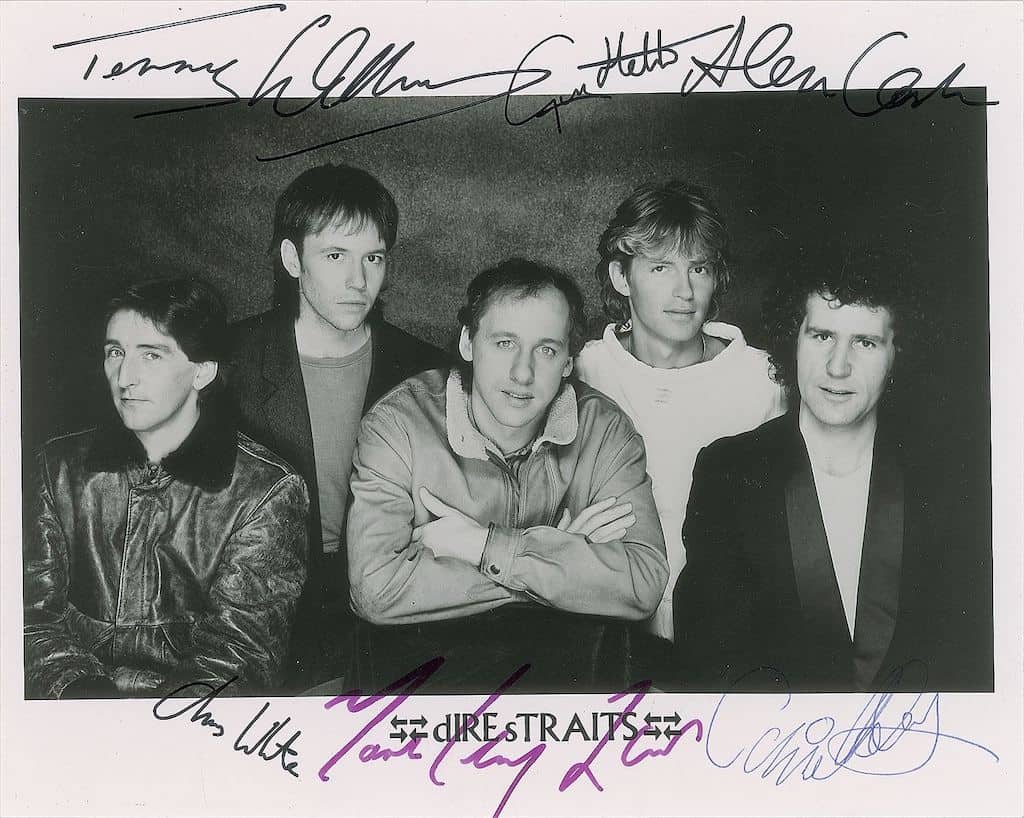 They may not need the media, but they still have a well-oiled publicity machine, and it was through this that I spoke to Dire Straits drummer Terry Williams, a recent addition.
They may not need the media, but they still have a well-oiled publicity machine, and it was through this that I spoke to Dire Straits drummer Terry Williams, a recent addition.
Speaking from Sydney just prior to their seventh sell-out concert there in six days, Williams sounds disinterested and speaks in half sentences.
Talking to Williams there is no doubt Dire Straits are very much guitarist/vocalist Mark Knopfler’s band. He writes the material. He decides what goes. Williams hedges several questions because, well… he’s just the drummer, y’know man?
But as Knopfler rarely grants interviews…
Williams is a respected rock session drummer who, before joining Dire Straits eight months ago, was best known for his work with the Dave Edmunds/Nick Lowe supergroup Rockpile. He last toured Australia with Rockpile three years ago.
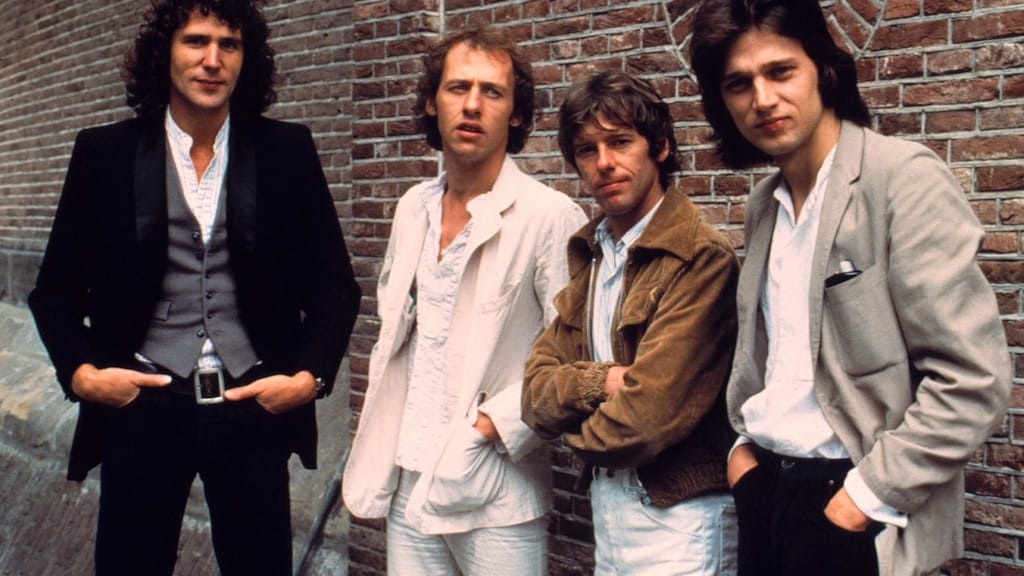 He says of being in Dire Straits: “It’s great. (Who wouldn’t?) It’s really good for my drumming. I have to be all different styles.” What he wants to do most, he says, is what he’s doing now. “Dire Straits music ranges from straight rock’n’roll to a jazzy feel and things that are quite arranged.”
He says of being in Dire Straits: “It’s great. (Who wouldn’t?) It’s really good for my drumming. I have to be all different styles.” What he wants to do most, he says, is what he’s doing now. “Dire Straits music ranges from straight rock’n’roll to a jazzy feel and things that are quite arranged.”
Does Williams have, or want, any say in the group?
“Not really. Mark Knopfler… they’re his songs. I really haven’t had a chance yet to get used to working within the group. Like doing an album or anything. There is a lot of freedom. I don’t have to play anything.”
The recent ExtendeDancEPlay EP is the first thing Williams has recorded with Dire Straits, and it marks a change for the group from the laid-back tendency of the last album, Love Over Gold.
“It’s very rock’n’roll really,” he says of the EP. (Williams uses the words ‘rock’n’roll’ a lot). “It was just a chance to do something a bit different. Mark comes up with the ideas. We might do it again. We enjoyed doing it. Onstage we do a couple of the numbers.”
And what other material can New Zealand expect to hear from their concerts here?
“It’s all of Love Over Gold and a selection of all of the albums, and we do music Mark’s scored for a film called Local Heroes. We do some of that which is unreleased here. It’s right at the end – going home type of music. I really like it.”
How does Williams’ drum style compare with previous drummer Pick Withers?
“Mine’s a lot heavier. I play some of the parts Pick’s done, but in my way which is a bit more forceful, a bit fuller. I use a larger kit.”
Before joining Dire Straits, Williams played sessions for Meatloaf for “a couple of years”. He says: “That was a great band.”
He has recently done sessions with Phil Everly (ex-Everly Brothers) and Tom Petty, and is shortly to do some work for Nick Lowe.
The comprehensive press kit on Dire Straits lists the band members’ fave musicians/performers. Knopfler’s list includes James Burton, Elvis Presley, Miles Davis, Rickie Lee Jones, Jerry Lee Lewis and Lydia Lunch.
Williams is just as hard to tie down to particular preferences. He’s a drummer, he says. Therefore, he listens to his music for “the rhythms and things like that, not really a lot of melody and lyrics. My music tastes range from The Beatles to jazz to anything really. I like reggae and I really like the old rock’n’roll. But then again I can really appreciate people like Billy Cobham. Weather Report I like.”
Asked whether he considers himself a long-term member of Dire Straits, he replies: “I hope so!”
He is, naturally, looking forward to playing New Zealand. What’s new?
After NZ, the band pack up and fly to Japan for 10 days of gigs, and then it’s a holiday while Knopfler has a crack at producing a new Bob Dylan LP. Did I hear that right?
Note: The above piece appeared in The Times, 13 March 1983. Williams had previously played for some years in Welsh group Man. He was with Dire Straits from 1982 to 1988, when they broke up.
Dire Straits like the little gigs
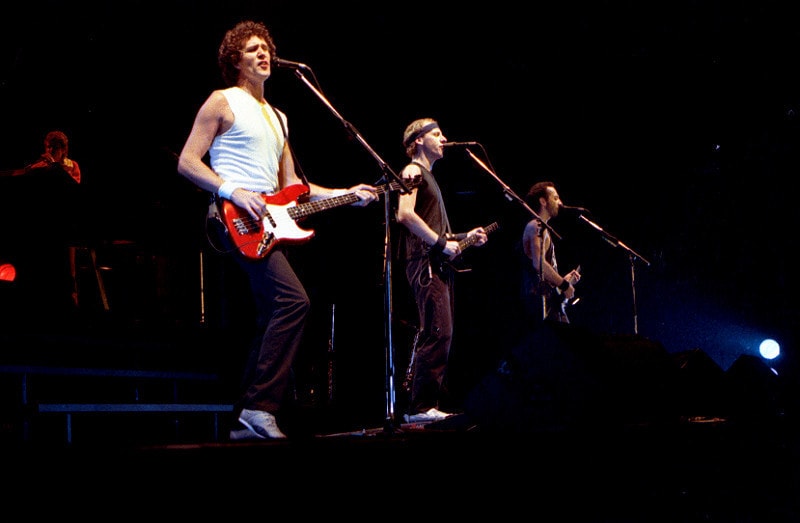 Dire Straits had never come across anything quite like the dreaded Wellington wind before. Their Tuesday show was postponed a day when it proved impossible to set up the stage at Athletic Park.
Dire Straits had never come across anything quite like the dreaded Wellington wind before. Their Tuesday show was postponed a day when it proved impossible to set up the stage at Athletic Park.
Rhythm guitarist Hal Lindes surveyed the choppy harbour scene from James Cook Hotel windows. He talked like an explorer who has found the end of the earth. Is it like this often? Landing at Wellington airport. Phew. Nearly getting bowled over by the wind. Scary!
Wednesday turned out to be a pretty nice day. So they will reach Japan only one day late. Why couldn’t you play on Tuesday, Hal?
“We have to build our own stage, right? You’d set up scaffolding, and for the sides you’d have your PA, and centre you’d have your stage. On top of that, you’d have your lighting rig, which holds, like, about two or three hundred lights, which is quite a substantial weight. Something up that high, that heavy, in this kind of wind, just wouldn’t be safe. Probably even more for the audience than us.”
Lindes is the archetypal image of a very modern rock star. Unlike the rest of Dire Straits, he looks vaguely New Wave: tight leather trousers, leather vest, dark shades and coloured hair.
He likes concerts big and small. In Sydney, they played for seven days in an indoor venue he classes as “little”. It holds six to seven thousand people.
“I like that because it’s a different kind of atmosphere. Because you get people coming right up, y’know. They’re, like, leaning up on the stage, y’know, and you almost get to know the people by the end of the show because you play for two hours. Like, in Sydney, the crowds were fantastic, really great. They obviously knew the music, came because they, like, dug the music and wanted to see the band.
“It wasn’t any sort of ‘impress me’ kinda thing. Like in Sydney, like, you’re doing the show and, like, I remember at the end, like, we were doing the quiet break-down in ‘Tunnel Of Love’ or something, where it’s really quiet, and this little kid looked up and went ‘thanks for coming’! it was really good.
“Doing big things, it’s, like, one big mass. It’s almost like an event kinda thing. I get the feeling a lot of people come and hoping to see anything, they just come to listen to the music. When you have a clear night, it always gets me when you realise you’re outside. All of a sudden and you look up and there are all these stars. It’s kind of a buzz.”
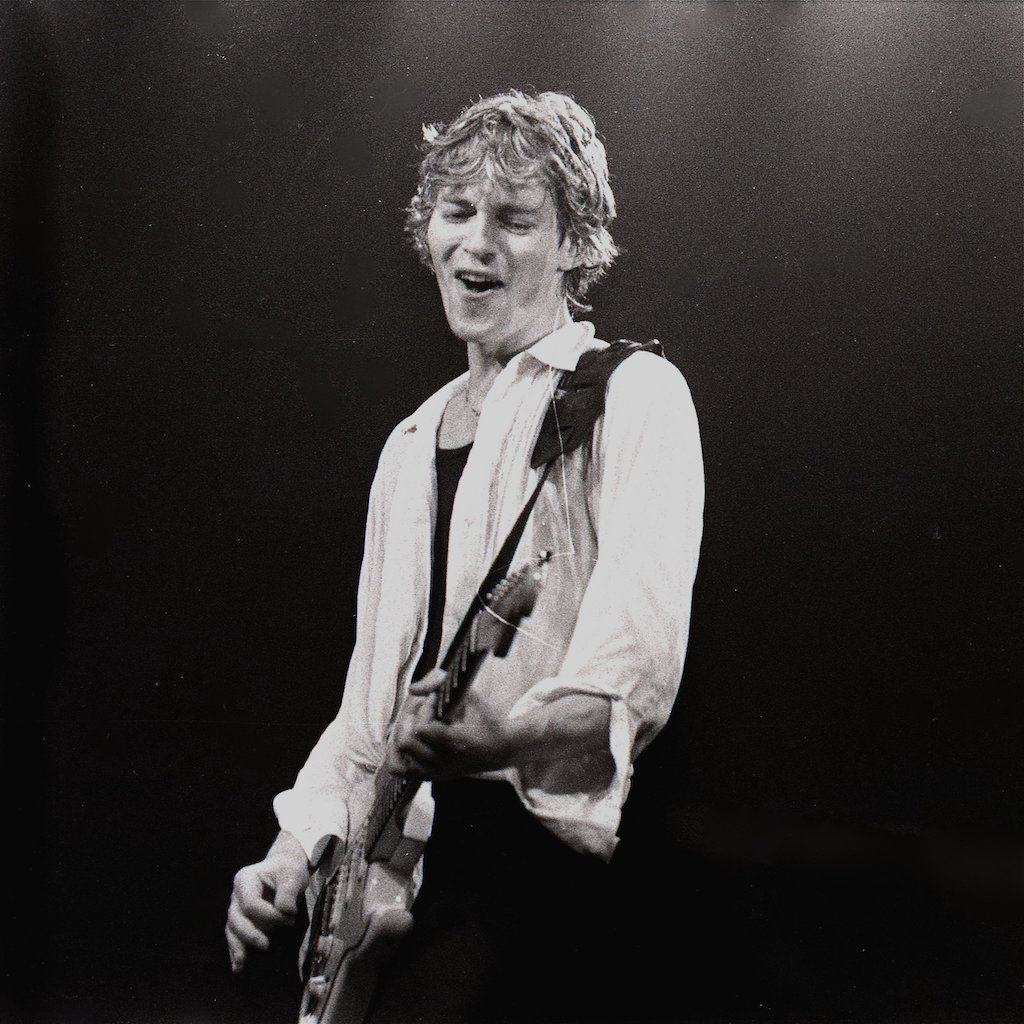 The disadvantages of an outdoor gig are in the weather. To hear their own music properly “depends on what way the wind’s blowing, seriously. It’s funny to say that but if you’ve got a wind against you it can take all the sound that you’re pumping offstage and lose it.”
The disadvantages of an outdoor gig are in the weather. To hear their own music properly “depends on what way the wind’s blowing, seriously. It’s funny to say that but if you’ve got a wind against you it can take all the sound that you’re pumping offstage and lose it.”
As you should have guessed by now, Lindes also talks like a rock star, like.
He says the worst gigs they have ever played outdoors were in Italy. “We were doing a different outdoor venue every night, in a different city, so you couldn’t postpone, and we got to this one place, Carrara, and it was bucketing down. I mean, it was almost like torrential rain, and we had to go on. It’s like the kids had been camping out since the beginning of the day in the rain anyway, so the place was packed.
“Thousands of kids in the rain, so you couldn’t turn around and say no, we’re not gonna go on. So we went on and the rain was just ridiculous. You’d go up to the microphone to sing and it was like someone threw a bucket of water on you.”
Last Monday night a local radio station threw an exclusive party for the band at a local restaurant, to which media and industry people were invited.
Lindes says the band do this kind of thing as a thank you to the people who had been “working so hard for the band” – that is, promoting and publicising.
“It was quite amazing, because in this little corner of the world, so far away from everything, I walked straight into Hot Gossip. So the party took a completely different light. I didn’t have to do too much mingling.”
Note: The above piece appeared in The Times, 3 April 1983. Lindes joined Dire Straits in 1980 and left in 1985, after which he forged a career composing music for TV and films.



